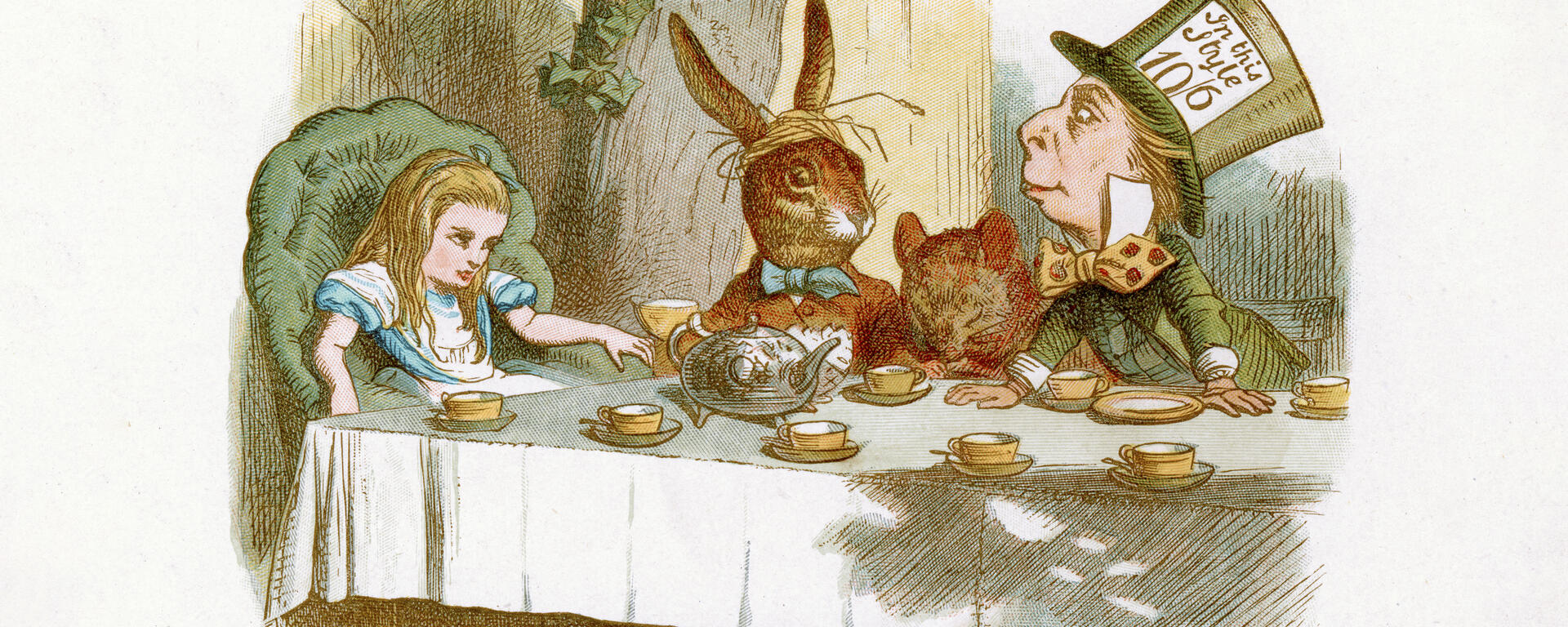The Calgary Institute for the Humanities 43rd Annual Community Forum
May 10, 2024
Presented in Partnership with UCalgary Alumni.
Conspiracy thinking has a long history, dating back at least as far as the Middle Ages, and often connected with anti-Semitism. The nineteenth century saw a rise in belief in conspiracies such as international bankers controlling world politics, and the twentieth century witnessed an explosion of theories about extraterrestrials (these would merge in a theory concerning Jewish space lasers causing forest fires in California).
In recent years, however, it seems that conspiracy thinking is spreading further, faster and with more effect due to social media, and we see its effects in the world: conspiracy thinking was part of the January 6, 2021 insurrection in the United States and it fueled the trucker convoy that besieged Ottawa in 2022. Are we in a new age of conspiracy thinking? Has social media simply amplified conspiracy thinking that would have spread through other channels in the past, or is there something new and different about the internet-driven conspiracies? Is conspiracy thinking an understandable response to certain social conditions, or is it pathological? Why do some conspiracies have such long lives, in spite of repeated attempts to debunk them? What is the appeal of conspiracy thinking?
Matthew Hayes, PhD
Dr. Matthew Hayes is an educator, writer, and filmmaker. He teaches philosophy, politics, and English at Northern Lakes College. For his PhD, which he completed in 2019, he wrote a history of Canada’s UFO investigation, published as the book Search for the Unknown: Canada’s UFO Files and the Rise of Conspiracy Theory. He researches “unorthodox” beliefs and conflicts with the state, including conspiracy theories, UFOs and the supernatural, satirical political movements, and the history of Cold War espionage. Hayes is an interdisciplinary scholar who approaches the study of conspiracy theory as a mechanism for coping with unfulfilled emotional needs and the effects of a disenchanted world. His “favourite” conspiracy theory is the moon landing hoax. As much as he wants to, he does not believe aliens have visited Earth.
Donald Netolitzky, KC, PhD
Dr. Donald Netolitzky is the Complex Litigant Management Counsel for the Alberta Court of King’s bench, where he assists in management and responses to abusive litigants and litigation. Prior to working in law, Donald was a biological defence researcher and a biology and biochemistry college instructor. Alberta appointed Donald as King's Counsel in 2022. Donald has published eighteen academic papers documenting the history, nature, and implications of the pseudolaw phenomenon in Canada. In 2020, Donald completed a LL.M. thesis that was the first statistically valid population study of a Canadian self-represented litigant population: all self-represented litigants who initiated Supreme Court of Canada proceedings in 2017. That investigation then expanded with ten follow-up quantitative investigation publications that further characterize Canadian appellate litigation and self-represented litigant activities.
Whitney Phillips, PhD
Dr. Whitney Phillips holds a PhD in English with a Folklore structured emphasis from the University of Oregon and is an Assistant Professor of Digital Platforms and Media Ethics in the School of Journalism and Communication at the University of Oregon. She has published three academic books exploring digital culture, political communication, and journalism. Her latest academic book is You Are Here: A Field Guide for Navigating Polarized Speech, Conspiracy Theories, and Our Polluted Media Landscape (MIT Press, 2021), which she adapted in 2023 as a media ethics guide for teens, titled Share Better and Stress Less: A Guide to Thinking Ecologically about Social Media (Candlewick Press/MIT Teen). Her current co-authored book project focuses on the historical fusing and contemporary consequences of Evangelical and secular rightwing media in the US. She regularly provides expert commentary for national and global news stories, as well as ethics consultation for journalism outlets.
Guest Artist
Kay Burns, MFA
Kay Burns is a multidisciplinary artist, curator, and researcher living in Moh’kinstsis / Calgary whose practice includes installation, performance art, sculpture, photography, audio, and other media. Much of her work over the past couple of decades attests to her strong interest in the intersection of art and museum practices. Her work questions the authority of information and has included performance lectures, alternative history tours (as performances and as locative media), and the creation of a parafictional museum. Her hybrid interests have also led to research/curatorial work in heritage museums and an appointment as the 2023 Historian in Residence at the Calgary Public Library.

